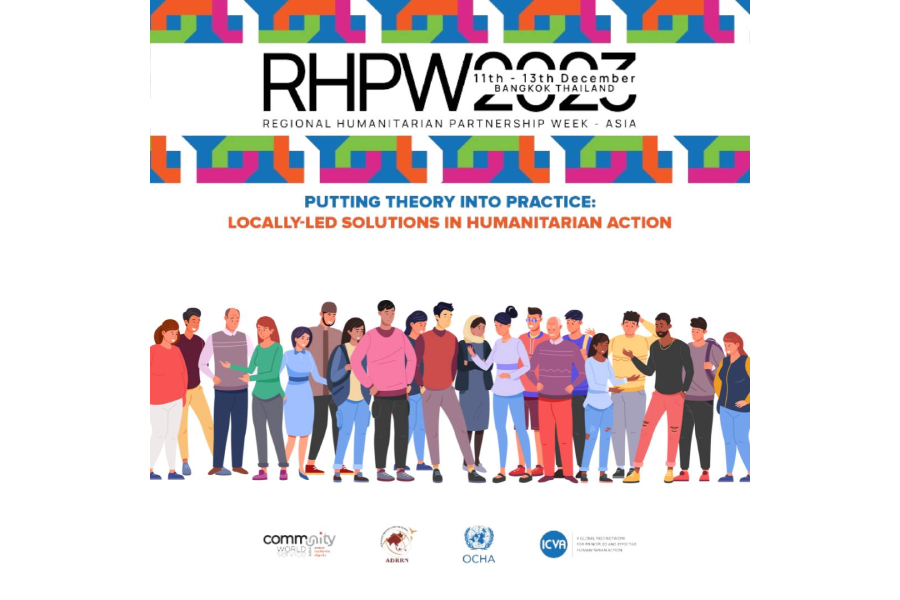Role of pooled fund, intermediaries in advancing aid localisation discussed at Regional Humanitarian Partnership Week

Published :
Updated :

Considering the importance of local actors’ access to the Country-Based Pooled Fund (CBPF) in the aid system, COAST Foundation, Community World Service in Asia and Humanitarian Aid International organised a session titled ‘Role of Pooled Fund, Intermediaries in Localization and Decolonization of Aid’ on Tuesday (December 12) at the Regional Humanitarian Partnership Weeek-2023 in Thailand’s Bangkok.
The speakers centred their discussions around the crucial role of Country-Based Pooled Fund and progressive engagement of intermediaries in advancing aid localisation and decolonisation of it in order to initiate fast response to the affected people, and to build a sustainable and accountable aid system at country levels, says a media release.
There are existing models already that are ready for support from the pooled fund such as the survivor and community-led response and nexus approaches already happening and supported by philanthropic funding in many countries but just need to be scaled them up, they opined.
The session was moderated by Sudhanshu Shekhar Singh of Humanitarian Aid International, India, while Md Iqbal Uddin from COAST Foundation, Bangladesh presented the survey result.
The speakers of the event were Rezaul Karim Chowdhury of COAST Foundation and Shaheen Anam of Manusher Jonno Foundation from Bangladesh, Federico Motka of Vitol Foundation in the UK, Daniel Gilman of UN OCHA in Bangkok and Shofiul Alam of Start Fund Bangladesh/Start Network.
The session summarised by Regina Nanette Salvador-Antequisa of EcoWEB, Philippines.
The survey result presented by Md Iqbal Uddin revealed high merits of the CBPF for local actors, however it was not a level playing field. The poor access, high competition and unfavourable policies to local actors, are some of the key barriers, the release says.
International Actors are also registering as national organisations competing more with the locals. Sharing highlighted the benefits of pooled funds and of the existing local capacity although also need for continuous capacity development to cope with the international standards.
Rezaul Karim Chowdhury said accessing to CBPF is sometimes challenging as policies are unfavourable for local actors.
Shaheen Anam, as a local intermediary in Bangladesh, shared the advantages of country-based pooled funds and its support to growth of local actors. Federico Motka underscored about Risk Pool Fund and the benefits to local actors particularly on risk sharing and mitigation.
Shofiul Alam shared existing pooled fund initiative such as the Start Hub Bangladesh that shows benefits such as being timely and able to provide relevant funding. Around 50 per cent of funding are already being accessed by the local actors, he added.
While summarising, Nanette Salvador-Antequisa said, the discussion recommended that pooled funds should adopt collaborative management and leadership, and adaptive strategy. It should strive for continuous improvement, transparency and accountability through regular performance monitoring and audit.
And, it should be consistently supporting local capacity development for effective shared leadership and to effectively provide long-term solutions to the issues and concerns of localisation, the release adds.


 For all latest news, follow The Financial Express Google News channel.
For all latest news, follow The Financial Express Google News channel.